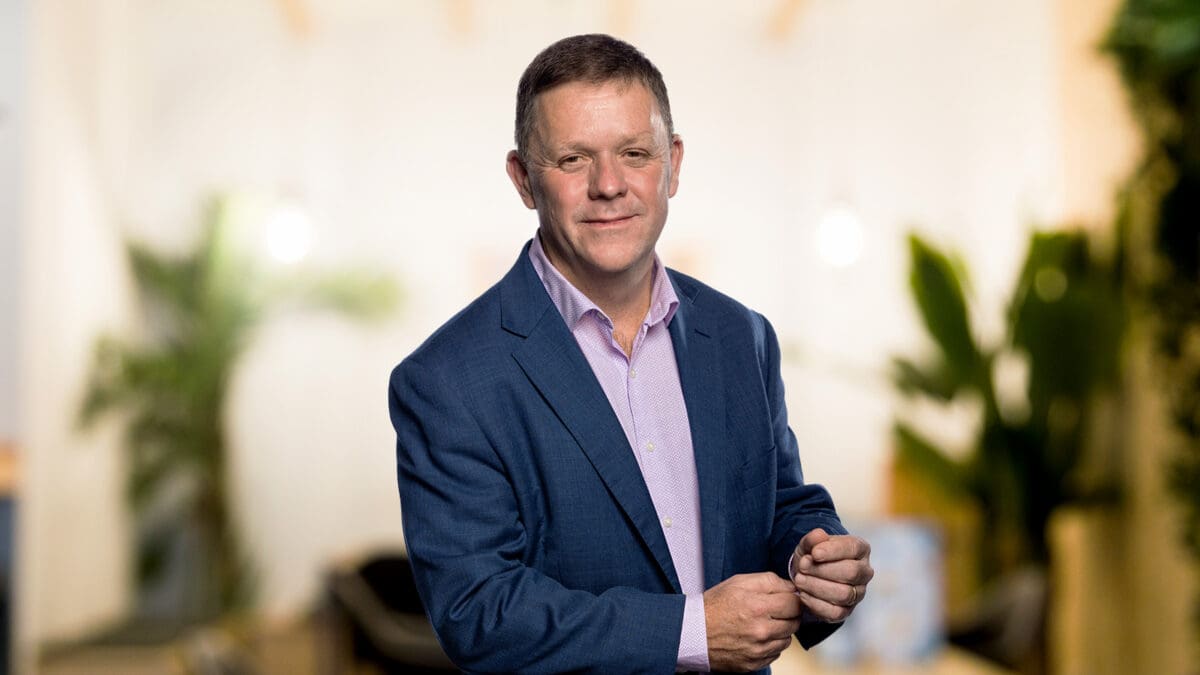Australian Ethical prepares for ’emerging and evolving’ investment landscape
It’s been just over eight months since Christian Super merged into Australian Ethical and everything’s going swell, according to Ross Piper (pictured), the former CEO of Christian Super (CS) and now superannuation chief executive at Australian Ethical (AE). CS members are benefiting from increased scale, while its collection of largely unlisted impact investments has introduced a greater degree of diversification into AE’s existing portfolio.
“We’ve got a stronger beachhead to work from and continue pioneering ethical investment,” Piper told ISN. “In terms of the things that the members of the two funds valued and considered deeply important in terms of the way their capital was being managed, bringing the two funds together was additive.
“We think that the growing level of consumer interest around deploying institutional capital for commercial, competitive risk-adjusted returns as well as delivering positive change for society – for people, planet, animals – that value proposition is a great strength of the organisation and we think we have the ability to scale that up even further.”
To do that, AE is investing in the business – consolidating its administration services from Mercer and Link to upstart provider Grow Inc. off the back of a “robust due diligence process” as well as working to transition its custody away from NAB Asset Servicing, although the fund is still at the market assessment stage on a new provider.
AE also has a new CIO – Ludovic Theau, who previously held the CIO role at the Clean Energy Finance Corporation – and the investment team will work hard to “optimise the settings in the portfolio”; like most fund managers, the broad AE business hasn’t been immune to recent market volatility. AE runs a hybrid investment model for its superannuation products, with a bias towards internal management, particularly in the equities space, and some targeted mandates with external managers.
“We’ve seen real value in having strong, deeply aligned in-house personnel overseeing a lot of the investment activity within the fund,” Piper said. “But in light of continued growth we’ll always be open to considering where partnering makes sense commercially and from a capability standpoint.”
It’s an interesting time for ethical investing, with market choppiness following the invasion of Ukraine, but members still have a high degree of interest in what’s “emerging and evolving” in the space; the sharper existential questions around climate change animate some of AE’s members, while others are more focused on societal impact, with the common hope that their money is contributing to solutions. AE is also keeping a close eye on the upswing in interest in greenwashing.
“Greenwashing is an important area of focus for a regulator, and that’s a sign that a market is actually maturing and that’s driving an increased level for rigour and understanding around managers and how they communicate their theory of change,” Piper said. “It’s an interesting moment for responsible investing and I think that ultimately we’ll have a stronger sector as a result of the changes that are occurring.”
Still, the constraints of the Your Future, Your Super (YFYS) performance test bring investment horizons closer – a key consideration for investors trying to effect long-term change.
“We’re supportive of any initiatives that regulators put in place that strengthen comparability of fund performance – the risk is that it drives an unhelpful short-term focus,” Piper said. “You need to work very closely within the framework provided by YFYS, but we don’t think that is in any way inconsistent with who we are and how we operate.”
And while AE might have been one of the first movers in ethical investing – its history dates back to the mid-80s – other funds are now catching on, with more and more bringing ESG or social and responsible investment products to market.
“At a headline level we welcome market interest and momentum in this space, because we have a deep conviction that the more capital that’s invested ethically is ultimately good for people and the environment,” Piper said. “Competition is good because it demonstrates that there are other managers recognising not only the investment thesis but clearly responding to the interests of their customers and consumers.”
“We think that there’s a risk that you have a lot of market entrants making claims or statements that aren’t backed up by the portfolio decisions that they are or aren’t making… But for us this is DNA; it’s core to who Australian Ethical is and always has been and always will be. I think we also have the ability to keep pioneering the sharper edge of impact, accelerated through the recent SFT but entirely consistent with the longer term philosophy of Australian Ethical.”











